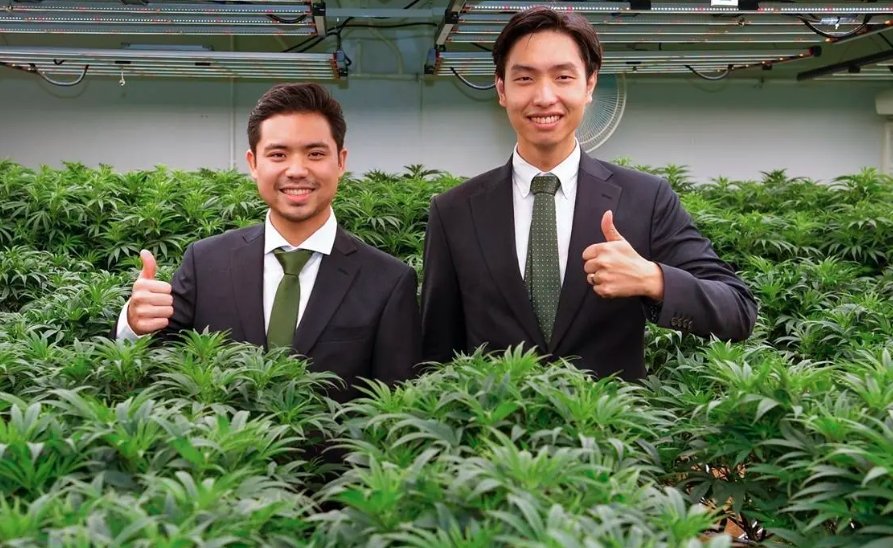In a surprising policy reversal, Thailand is set to reclassify cannabis as a narcotic, potentially rolling back years of liberalization that saw the country become a beacon of cannabis reform in Asia.
The Policy Pivot
Thailand’s Ministry of Public Health has issued a draft regulation to re-list cannabis buds as a “category five” narcotic from January . This move comes as the government, led by Prime Minister Srettha Thavisin, aims to clamp down on widespread recreational use that has burgeoned since decriminalization in 2022.
While the use of other parts of the plant, such as roots and leaves, will remain legal, the reclassification targets the buds, which contain the highest concentration of psychoactive compounds. The ministry is currently seeking public feedback on the proposal, with no grace period indicated for businesses to comply with the new rules.

The Backlash and Business Impact
The announcement has sparked outcry from cannabis advocacy groups and businesses, who have threatened legal action against the policy U-turn. Since decriminalization, thousands of dispensaries and related businesses have opened, contributing to a burgeoning industry that now faces uncertainty.
The political undercurrents are also evident, as the Pheu Thai Party, which Srettha represents, had campaigned on a hard-line anti-drug stance in the last election. The reclassification aligns with the party’s pledge to eradicate drugs from Thai society.
What Lies Ahead for Thailand’s Cannabis Industry
As the deadline for public feedback approaches, the future of Thailand’s cannabis industry hangs in the balance. The draft regulation’s impact on medical cannabis users and businesses will be closely watched, with potential implications for the country’s economy and global cannabis policy trends.
The government’s final decision will be a defining moment for Thailand, either reinforcing its position as a leader in cannabis reform or signaling a retreat to more conservative drug policies.




